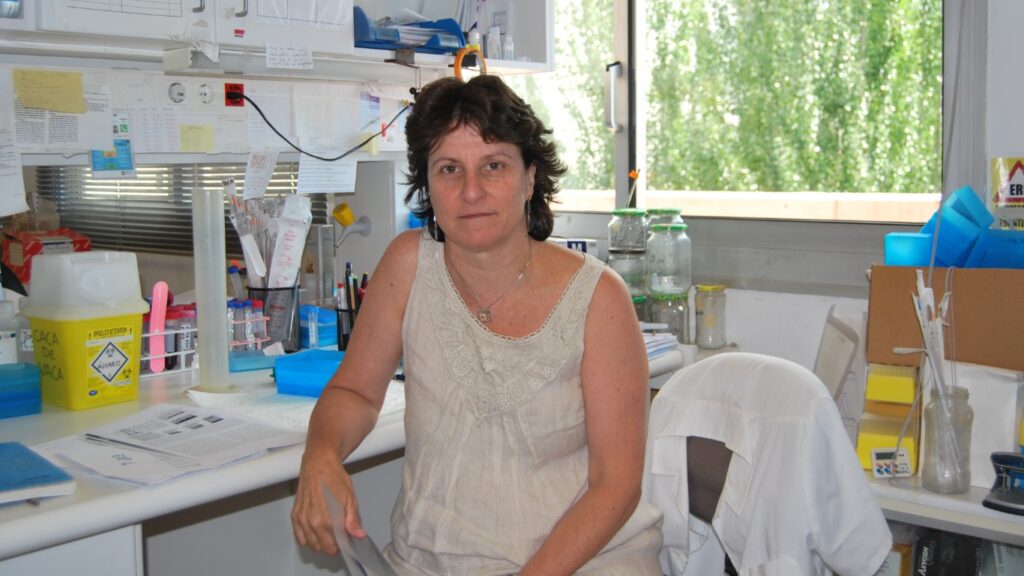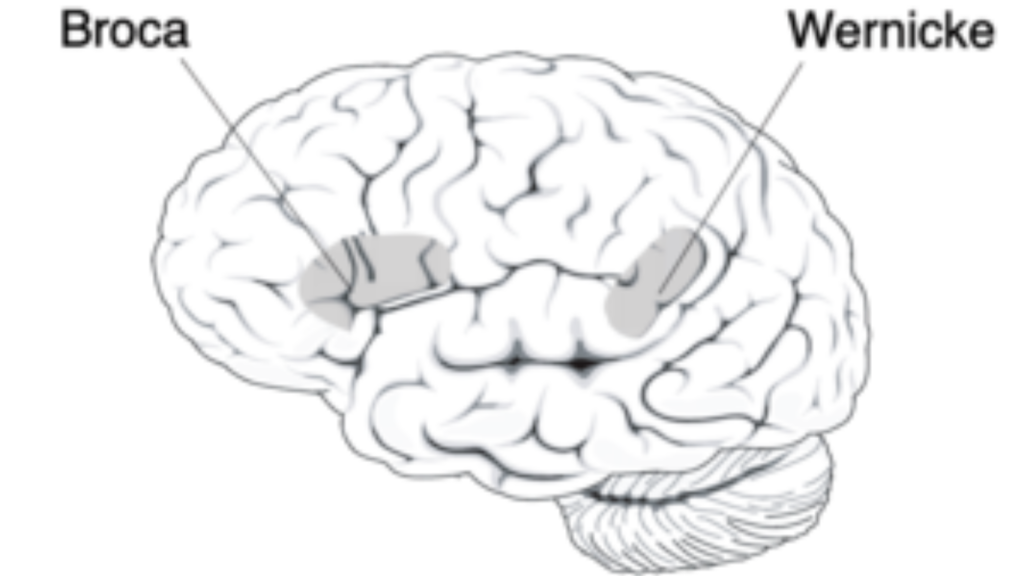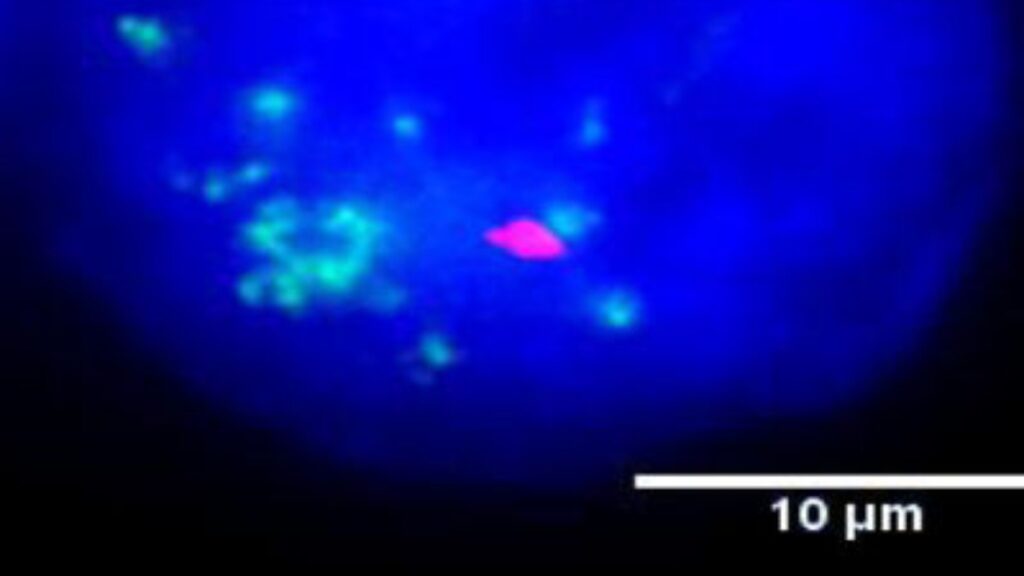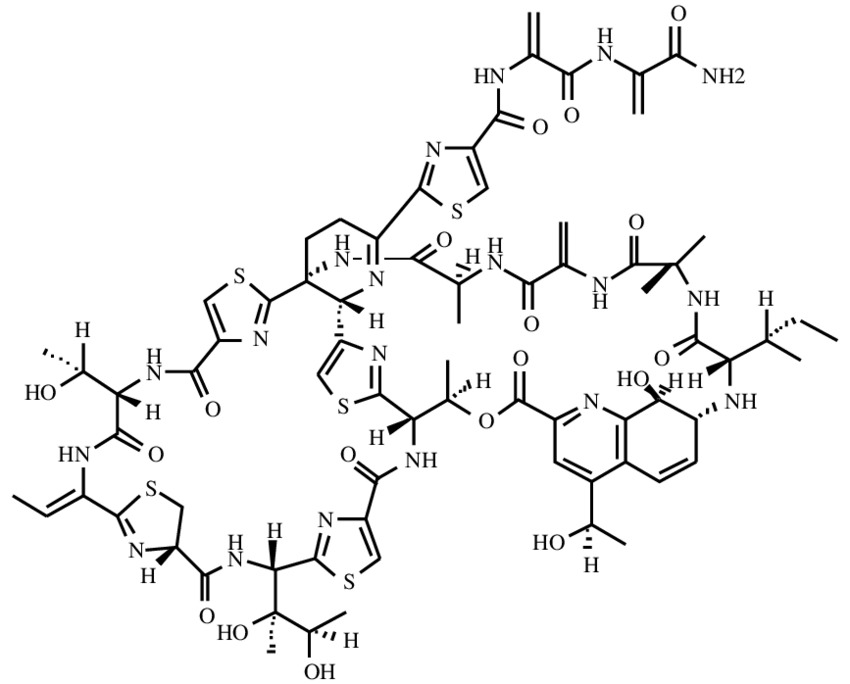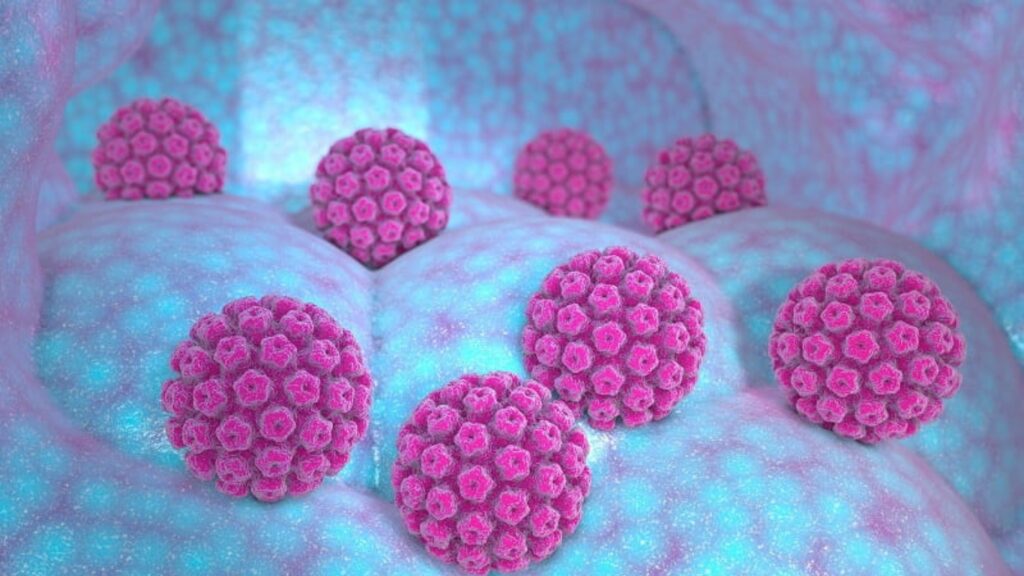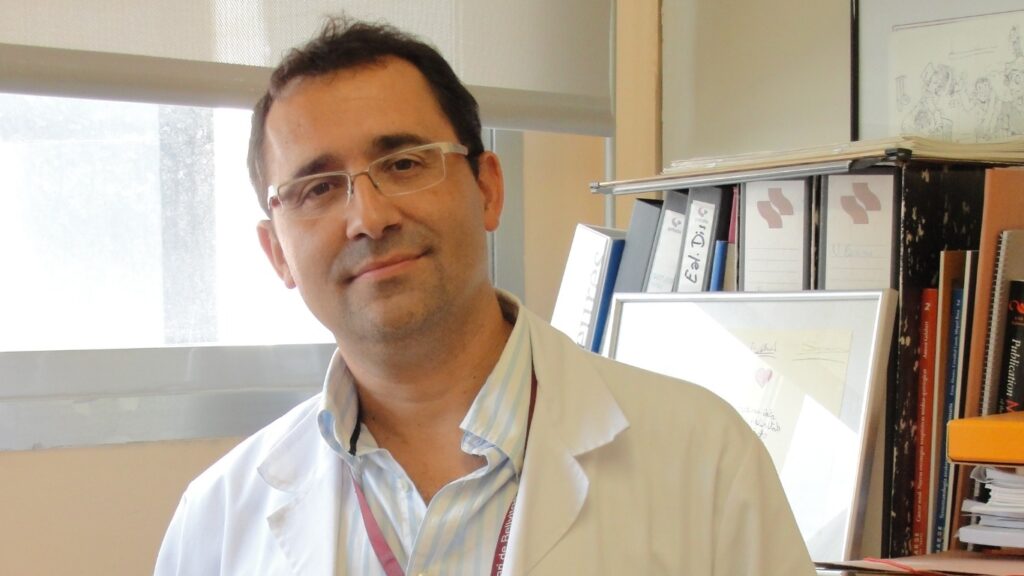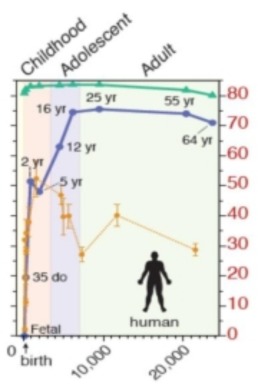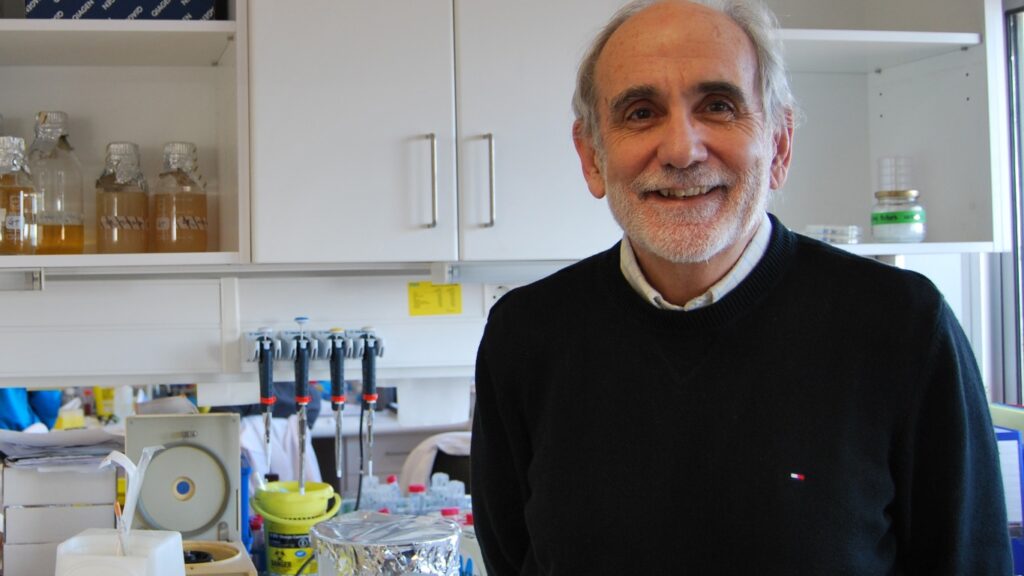Patented a molecule that opens the door to develop new drugs against immune rejection
Researchers of the research group in Human Molecular Genetics of the Biomedical Research Institute of Bellvitge (IDIBELL), led by researcher Mercedes Pérez, have patented a peptide (a molecule consisting of a sequence of amino acids) that inhibits the immune response activated by the enzyme calcineurin which could serve to develop new more specific immunosuppressive drugs […]
Patented a molecule that opens the door to develop new drugs against immune rejection Read More »

